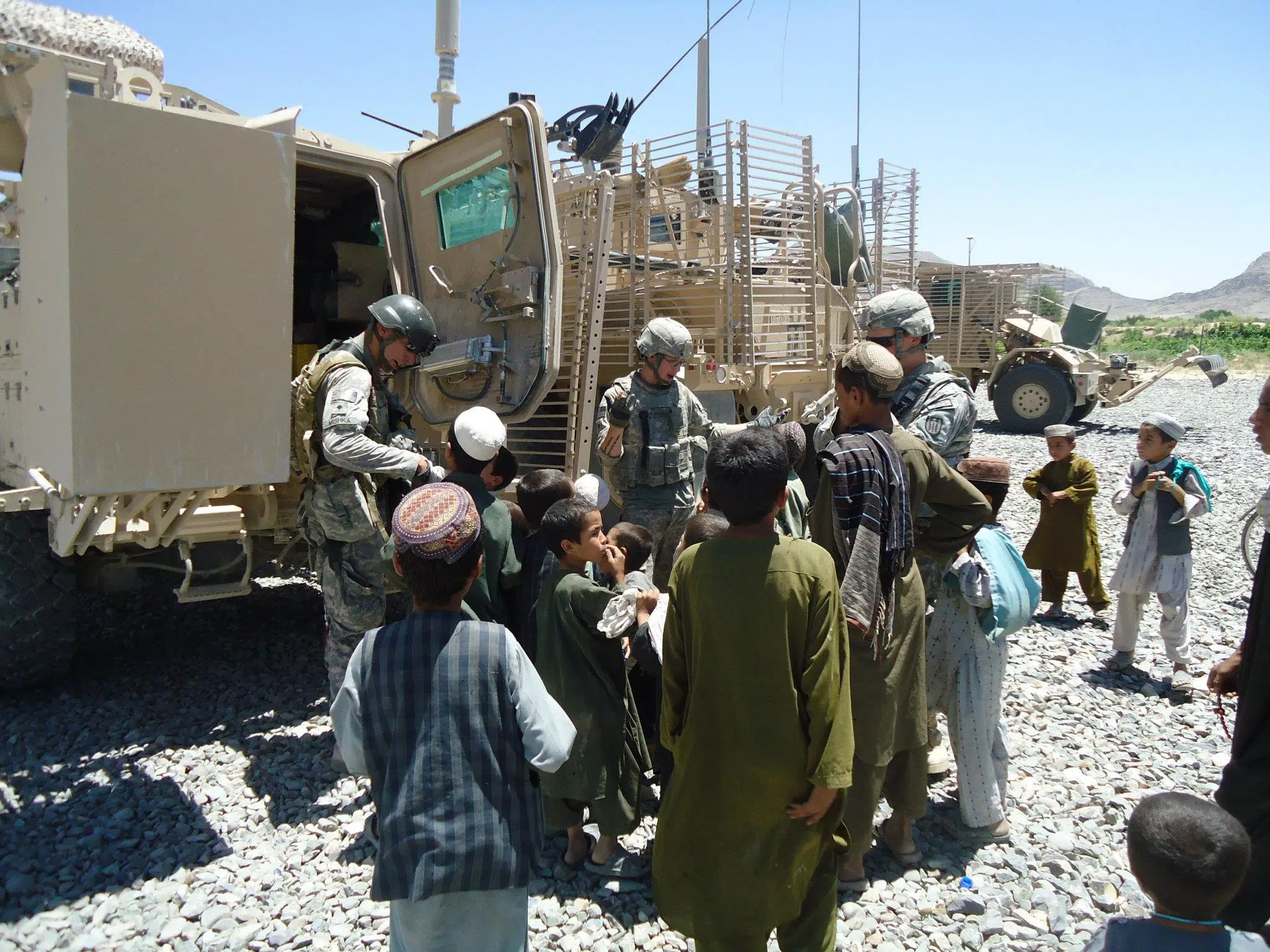
The following article was written by Seehafer News Reporter Ryan Brahm.
In part three of our four-day deep dive into Afghanistan, and what will happen to those who are aiding the U.S., we are going back to my conversation with Abadul Jamail, the interpreter whom I worked side by side with in Afghanistan.
I asked him what it was like growing up in an area that was controlled by extremists. He told me that it can be rather difficult to go against the norm, much like he did when he started working for the Army.
“If somebody is working with the US Army, you are pretty much against the culture. You are pretty much against everything,” he explained. “At that time, the education level was very low, and there were many people that were brainwashed by the insurgents.”
Because the education level was so low, Jamail explained that it was rather difficult to explain why the Taliban was so bad, and the allied forces were trying to help. And those who did see what was really happening didn’t really have anywhere to hide.
“There was [no way] to protect yourself,” Jamail said. “If you are working for the U.S. you have to leave. That’s the only thing. You must leave, it doesn’t matter…If you don’t leave, it’s gonna be dangerous.”
Jamail recalled going into villages with the Army, and people simply couldn’t wrap their heads around the fact that he was trying to help them and keep them safe. He said the locals would feel like he, and the other interpreters, were already a part of the United States.
As far as the interpreters who are still in Afghanistan, Jamail told me that the way he understands it, if you leave 1,000 of them behind, you have just gained 1,000 more enemies.
“If you leave them, of course they are going to turn into an enemy,” he stated. “They must do something. They trust you with your words that they give you their time…and you will help them back. You cannot just leave them.”
Jamail also said getting the interpreters to the U.S. should be a pretty simple process from the government’s side. He explained that they already had to go through a security check to be hired as an interpreter, so in his mind, there is no reason to be concerned about their allegiances.
“I did work for seven years. Right now, I’m 30, and seven years I have lived here,” he said. “Everything I learned, I learned from you guys, so there is no reason I can be wrong or bad, you know?”
He finished up our conversation with a simple statement,
“Bring them over here. Give them the opportunity to live.”
He said that if you bring one interpreter back, they will also bring their entire family, who will then be your allies for life.
Tomorrow we will hear from Wisconsin Congressmen Republican Glen Grothman, and Democrat Ron Kind, who will explain what is being done at the federal level to help these allies.







